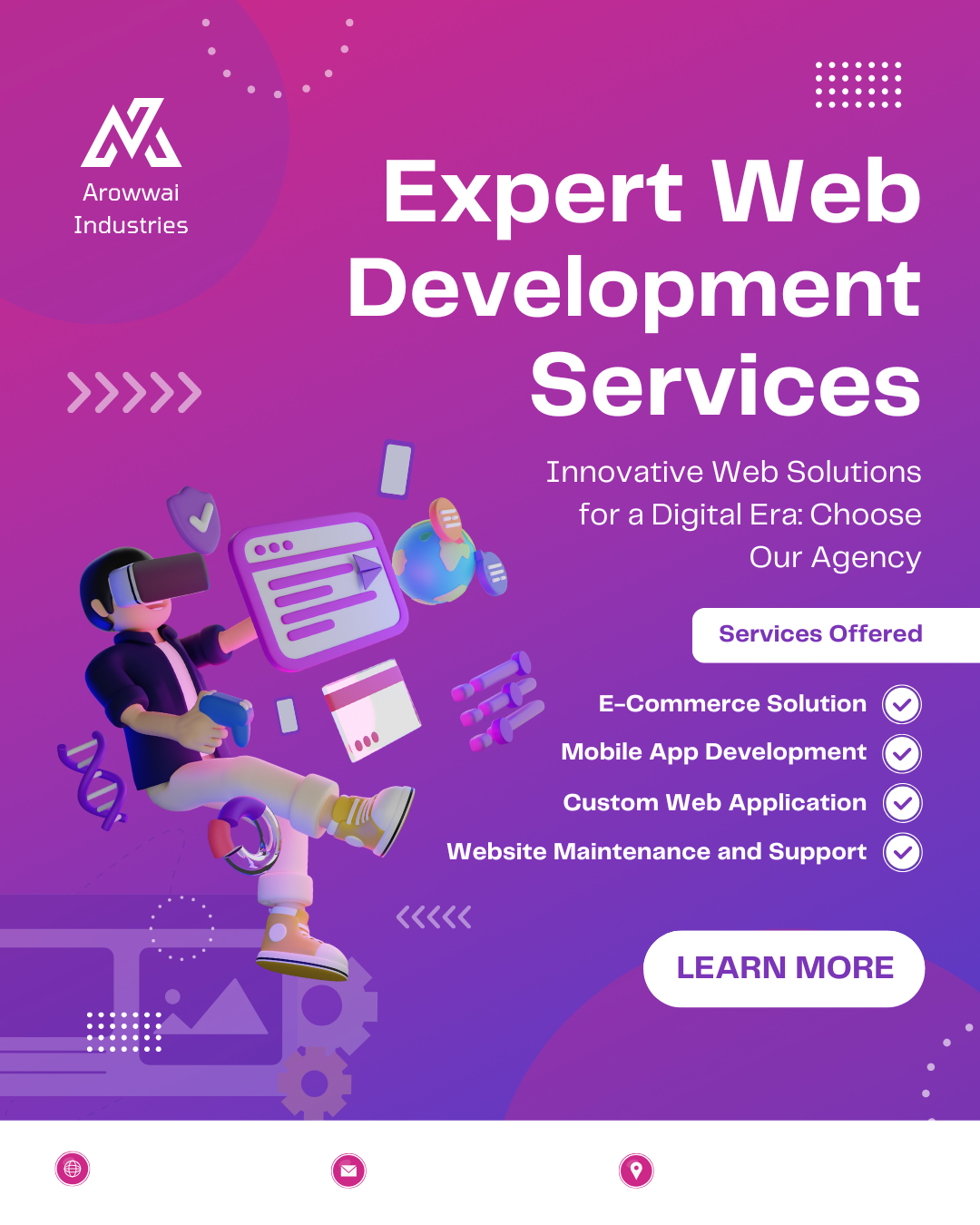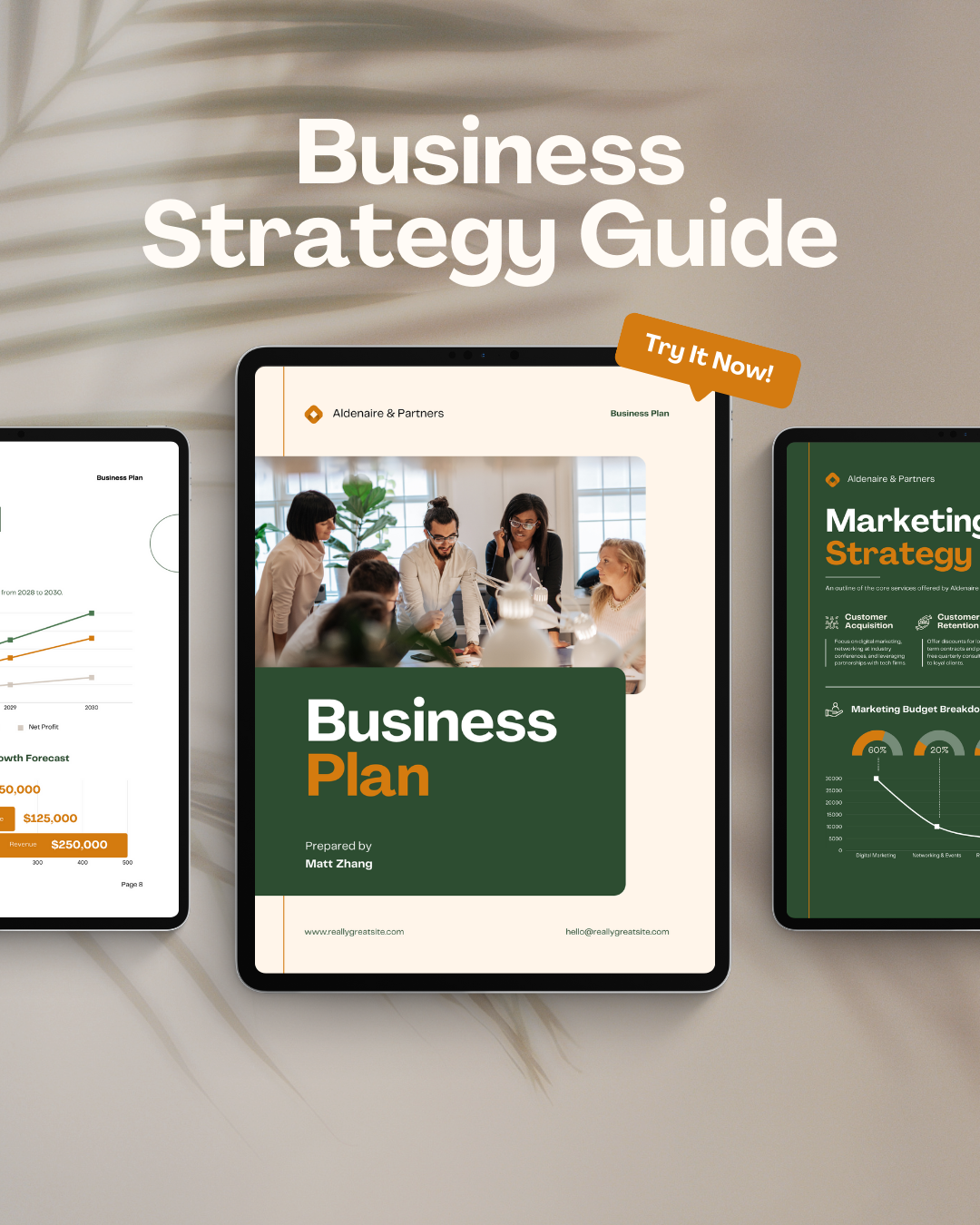Understanding CRM Tools: What They Are and Why They Matter
Customer Relationship Management (CRM) tools are software solutions that enable businesses to manage and analyze customer interactions and data throughout the customer lifecycle. These tools are designed to improve business relationships with customers, streamline processes, and enhance profitability. By organizing customer information into a centralized database, CRM systems provide businesses with a comprehensive view of their customers and interactions, which is crucial in today’s competitive landscape.
The key features of CRM tools typically include contact management, sales management, productivity tools, and reporting capabilities. Contact management allows businesses to store and track customer information, while sales management helps to monitor the sales pipeline and track performance. Productivity tools enable collaboration among team members, and reporting capabilities provide insights into customer behavior and sales performance. Together, these features facilitate effective communication within an organization, ensuring that all departments—specifically sales, marketing, and customer service—are aligned and informed. DIGITAL MARKETING AGENCY
-
How SEO Helps Your Website Get More Visitors
SEO optimization Understanding SEO: The Basics Search Engine Optimization (SEO) is a digital marketing strategy that focuses on optimizing a website in order to…
-
Online store Design – E-commerce
Understanding Ecommerce Development Ecommerce development refers to the process of building and maintaining an online store where businesses can sell their products or services…
-
Web development
Understanding the Importance of Web Development in eCommerce Web development plays a pivotal role in shaping the landscape of eCommerce. A well-structured website not…
-
Branding and Marketing
Understanding Branding in the Digital Age Branding has evolved significantly with the arrival of the digital age, transforming how businesses communicate with customers and…
-
Business Strategy
Understanding Business Strategy for Online and Local Businesses Business strategy serves as the framework for achieving organizational goals and defining the path for success…
-
Customer Relationship Management tools for business
Understanding CRM Tools: What They Are and Why They Matter Customer Relationship Management (CRM) tools are software solutions that enable businesses to manage and…
-
What is SEO in digital marketing?
What is SEO? Search Engine Optimization (SEO) is a digital marketing strategy designed to enhance a website’s visibility in search engine results. The primary…
-
Understanding digital marketing?
What is Digital Marketing Digital marketing refers to the promotion of products, services, or brands through electronic media, primarily on the internet. Its significance…
-
Content Creation Strategy
Understanding Your Audience The first step in successful content creation is to know who your audience is. Research their needs, interests, and pain points.…
Search

George Mang
Advertising & Web Design Expert
Latest Posts
Categories
🚀 Boost your website’s visibility on Google today! 🌐
Connect with our SEO experts and dominate the search rankings. 💪
Don’t let your competitors outshine you – rank higher now! 🔝
Entrepreneurs Know more?
Ready to take your business to the next level? 🚀
Create a stunning online store with cutting-edge website design.
Boost your visibility with meta advertising, YouTube ads, and Google ads.
Generate quality leads with lead ads and shopping ads.
Engage your audience with captivating video ads.
Let’s elevate your digital marketing and web development game together!
META Ads & Google Ads for Business Ads Campaign will generate maximum leads, Sales, Engagement, Video Views, Enquiry, Followers, etc
Harness the power of remarketing ads
Boost your brand with targeted Facebook and Google ads 💰
Stay top of mind with potential customers and drive conversions 📈
Revolutionize your marketing strategy today!
Key Features of Effective CRM Tools for Data Integration
In the contemporary business landscape, utilizing Customer Relationship Management (CRM) tools that facilitate seamless data integration is imperative for enhancing efficiency across sales, marketing, and customer service departments. To achieve this, it is vital to identify key features that these tools must possess. One of the primary features is robust data consolidation capabilities. Effective CRM tools should harvest and merge data from various sources, allowing teams to access a unified database. This ensures accuracy and consistency, which are essential for making informed business decisions.
Another critical aspect is real-time analytics. CRM solutions must provide real-time insights into customer behavior and sales trends. This allows businesses to adapt quickly to market changes and refine strategies without delays. Additionally, customizable dashboards play a pivotal role in data management. These dashboards enable users to tailor the visuals according to their preferences and needs, thereby simplifying the data interpretation process.
A user-friendly interface is equally important in CRM tools. An intuitive design ensures that team members can easily navigate the system, reducing training time and promoting user adoption. Moreover, the inclusion of automation capabilities can significantly enhance productivity. Automation minimizes repetitive tasks, allowing employees to focus on high-value activities that drive growth and customer satisfaction.
Top CRM Tools for Businesses in 2023
As we delve into 2023, several Customer Relationship Management (CRM) tools have emerged at the forefront, each offering unique features that cater to a wide spectrum of business needs. These tools play a pivotal role in integrating data across sales, marketing, and customer service, ultimately enhancing operational efficiency.
One of the leading CRM tools is Salesforce, renowned for its robust customization capabilities. It allows organizations to tailor the platform to their specific needs, making it suitable for businesses of various sizes. Salesforce’s integration with various applications and its powerful analytics tools have earned it a high rating among users who praise its ability to streamline processes.
Another highly regarded option is HubSpot CRM. Its user-friendly interface and comprehensive features, such as lead tracking and email automation, make it ideal for small to medium-sized enterprises. HubSpot CRM also offers seamless integration with other HubSpot tools, making it a strong choice for teams aiming to enhance marketing and sales alignment.
Zoho CRM is also worth noting, as it offers a wide array of functionalities at a competitive price point. The tool provides extensive automation features and advanced reporting tools, making it especially suitable for businesses looking to leverage data analytics to inform decision-making processes. Its flexible integration options ensure compatibility with various industry-specific applications.
Lastly, user feedback plays a crucial role in evaluating CRM tools. According to numerous reviews, the ease of use, customization options, and customer support offered by these platforms significantly impact their effectiveness in enhancing organizational efficiency.
Implementing CRM Tools: Best Practices for Successful Integration
Successfully implementing Customer Relationship Management (CRM) tools requires a structured approach to maximize their functionality and adapt them to organizational needs. The initial step involves assessing the specific requirements of the organization. This entails understanding the current processes and identifying areas that require improvement. By clearly defining objectives, such as enhancing sales efficiency or streamlining customer support, organizations can select a CRM system that aligns with their goals.
Involving key stakeholders from various departments is crucial in the implementation process. Sales, marketing, and customer service teams can provide valuable insights that help tailor the CRM tools to meet their needs effectively. Early engagement fosters a sense of ownership and commitment among team members, further enhancing user acceptance and minimizing resistance to change. Stakeholder feedback should be incorporated throughout the implementation process to ensure that the selected CRM addresses their specific pain points.
Establishing a consistent data entry process is key to maintaining data integrity within the CRM system. Clear guidelines for data entry help ensure that information is captured uniformly, reducing errors and duplication. Moreover, ongoing evaluation of the CRM system is critical. Regular assessments allow businesses to adapt to evolving needs, ensuring that the CRM continues to provide maximum value.









